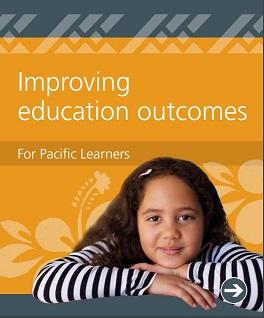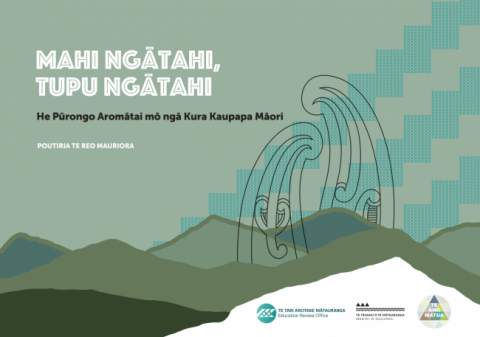Learning leadership
Published: 04 Sep 2017
The team structure in this school supports the professional learning and development of leaders and teachers. Team members discuss their roles, responsibilities and the reciprocal nature of their interactions.
- Audience:
- Education
- Parents
- Schools
- Content type:
- Research
- Topics:
- Improvement
- Learning
- Equitable outcomes
- Evaluation indicators
- Professional capability
- Video
- Improvement in Action Te Ahu Whakamua






